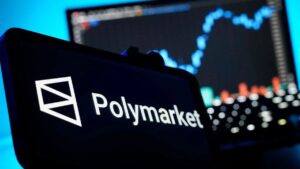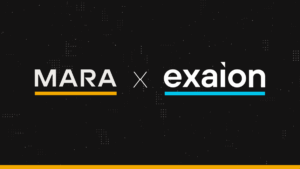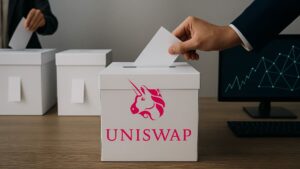TL;DR
- Uniswap unveils the Continuous Clearing Auction (CCA) model to democratize token launches.
- The system runs auctions block-by-block and automatically assigns liquidity at the final clearing price.
- Aztec collaborates as the first project to use this technology, integrating privacy with ZK Passport.
Uniswap seeks to redefine how initial token markets form on the blockchain. This Thursday, the decentralized exchange giant unveiled its “Continuous Clearing Auctions” model, a permissionless system designed to run customizable auctions on Uniswap v4.
The official announcement indicates that with this new protocol, they seek to inject transparency, fairness, and stability into the earliest and most critical stages of a digital asset’s life. The main objective is to solve a token launch landscape that Uniswap itself describes as fragmented and opaque, where price discovery is often flawed by closed-door deals, access restrictions, and poor initial liquidity.
The exchange is targeting pricing and bidding; furthermore, they aim for settlement to occur entirely on-chain, eliminating intermediaries and hidden negotiations.
Innovation in Liquidity and Market Fairness
The process for auctions on Uniswap v4 is technically sophisticated. The block-level design distributes tokens gradually, so bidders can set maximum prices but receive allocations only when the market clears below their limit. This structure is vital to minimize sniping (attacks by bots buying fast to sell high) and encourages more organic early participation, helping the clearing price converge toward a fair value.
Projects deciding to launch via this system can configure key parameters such as token amount, starting price, and duration. Once the auction concludes, all proceeds are automatically used to seed a liquidity pool on Uniswap v4 at the final price, creating an immediate and liquid secondary market.
Aztec collaborated on building this technology and will be the first project to execute an auction using the system. Additionally, the launch includes an optional module called ZK Passport, which allows for private yet verifiable participation, combining confidentiality with blockchain transparency.
Uniswap Labs and the Uniswap Foundation have proposed activating a “fee switch,” while DeFi protocols are experiencing a rebound in economic activity, leading the sector’s fee recovery toward $600 million. With the new auctions on Uniswap v4, the platform seeks not only to scale but to sustain long-term liquidity in its upcoming version.











